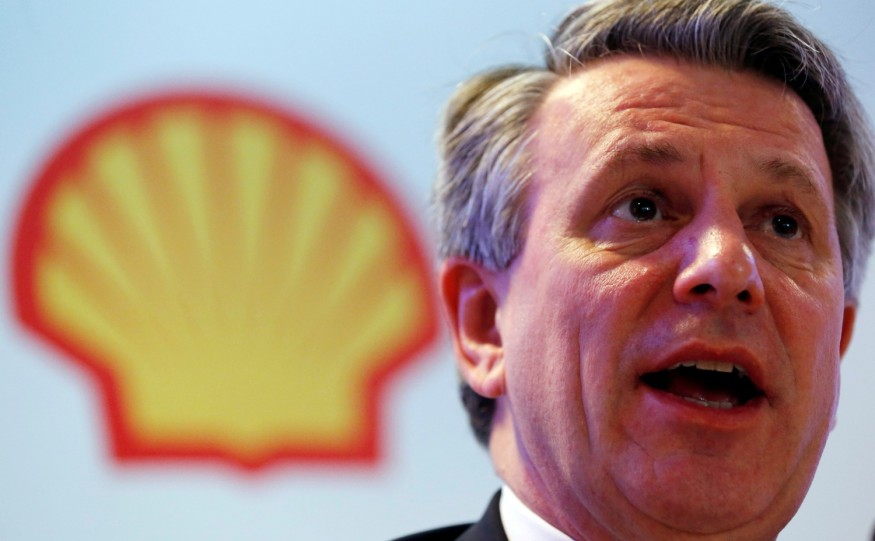
Despite the environmental advocates' pressure on energy companies to terminate the usage of fossil fuel energies, Royal Dutch Shell's chief executive (RDSa.L) still sees sufficient opportunity to make money from the oil and gas industry in the coming decades.
Ben van Beurden, in an interview with Reuters, said several stakeholders could leave one of the world's largest listed oil and gas companies due partly to oil and gas "demonization" and "unjustified" despairs that the industry model was unsustainable.
The 61-year-old Dutch executive became one of the sector's most notable advocates pushing for action on global warming during the 2015 Paris climate agreement.
Shell unveiled a plan in 2017 to reduce the impact of their greenhouse emissions by 50 percent by 2050 as part of the world's largest power businesses. They supply three percent of the world's carbon footprint, according to their website.
The amount of carbon dioxide discharged from Shell and its products, however, increased by 2.5 percent between 2017 and 2018. Van Beurden defied the growing burden which climate activists urged to transform 112-year-old Anglo–Dutch company's traditional business model radically.
"Despite what a lot of activists say, it is entirely legitimate to invest in oil and gas because the world demands it," van Beurden said. He added they have no choice but to invest in long-life projects.
Several companies, including Shell, insisted that they have an integral role in the future of the energy sector as demand for transport and electricity supply continues to grow. However, studies said that oil and gas firms only rely on predictions that underestimate the pace of change.
Oil and gas serve as the main profit source for Shell, the largest listed company on London's main FTSE index. According to an investor presentation in June, Shell plans to add more than 35 new oil and gas projects by 2025.
Shell also foresees a gradual expansion in the market over the next two decades, while oil and gas serve as Shell's available cash flow today. However, other energy and chemical-related products would be added—along with oil and gas—are expected to provide more to the cash flow of the company.
Red Herring
Van Beurden denies the "red herring" allegations that Shell's oil and gas reserves would be economically unviable or stranded in the future. He said they could maintain an upstream portfolio up to 2030s if there is an economic rationale for doing it, adding that they have more than enough budget to spend on their plans.
Like other oil and gas companies, Shell has become more careful in their investments as the oil prices in the market and consumer demand remain unclear. It points to fresh approaches that can be profitable at oil prices of $20 to $30 a barrel and which emit relatively low greenhouse emissions.
Shell likewise intends to increase its seasonal spending to around $32 billion by 2025 from the current $25 billion. One-tenth of those would be allocated to renewables and the power industry.
Van Beuden places the blame for the low-carbon economy shift on governments, saying that inefficient progress had been made by the Paris climate goal limiting global warming to two degrees Celsius above pre-industrial levels by the end of the century.
He said that postponing the implementation of appropriate climate policies may result in political responses that could be disruptive to society.
© 2025 NatureWorldNews.com All rights reserved. Do not reproduce without permission.





